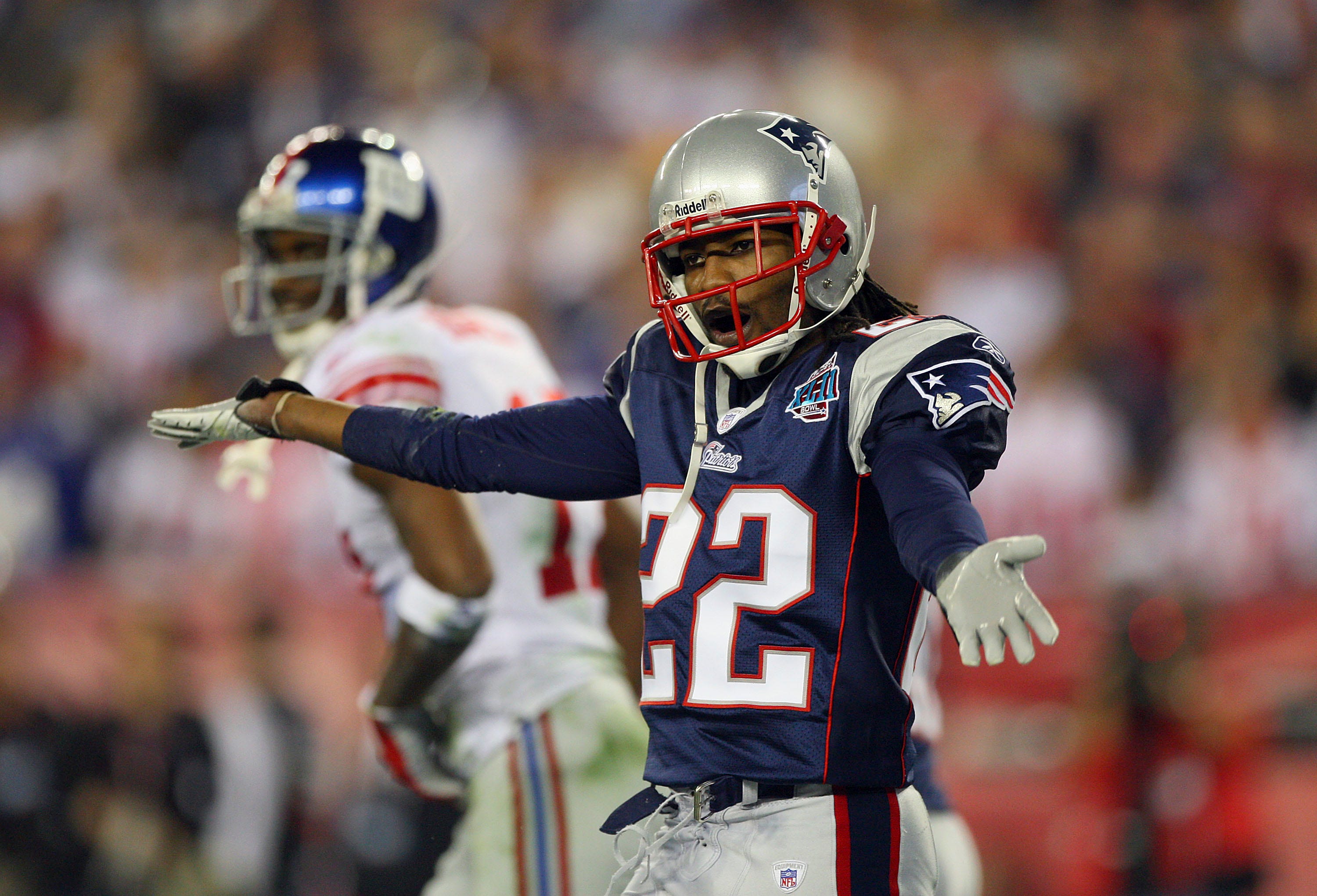Idolater
Popetard
'WAR' stands for "Wins Above Replacement", and it is a baseball term, not football.
The basic idea is, over the course of a season, WAR attempts to measure how many additional wins a player contributes to his team, over a 'replacement' player.
Apologies for the crossover from baseball to football.
It's basically impossible to make any kind of even halfway reliable determination of a player's WAR in football, this I grant. Everybody knows the best players, and certain statistics bear out that they are the best, but there are lots of positions where whatever statistics that are available don't tell the whole story.
Sometimes the only statistical support are accolades, like elections to the Pro Bowl or MVP awards.
But WAR is a more ambitious idea---how many wins can a player be expected to 'bring to the table' if he joins a team? How many losses can we expect to endure if he leaves?
The quarterback position alone is probably the only one where WAR is remotely possible to estimate in the NFL.
Here's my case.
2000 NE 5-11 (QB Bledsoe)
2001 NE 11-5*
(Bledsoe: 0-2)
(Brady: 11-3)
Brady WAR estimate: 6-7
*Bledsoe injured deep into game two, Brady started the remaining 14 games
2007 NE 16-0 (QB Brady)
2008 NE 11-5 (QB Cassel)
Brady WAR estimate: 5
2019 NE 12-4 (QB Brady)
2020 NE 7-9 (QB Newton /Hoyer)
Brady WAR estimate: 5
2019 TB 7-9 (QB Winston)
2020 TB 11-5 (QB Brady)
Brady WAR estimate: 4
The logic here is that from one season to the next, NFL team rosters are similar, not exactly the same, so in these comparisons we have near the same team's record, both with and without Brady under center. For example with the 2020 Patriots winning seven games, coming off a 12-4 season with Brady in 2019, that difference is five wins, and the team besides the QB was mostly the same personnel. The story is the same with the 2007 versus 2008 Patriots (Brady was injured all of 2008).
Note that this 'analysis' ignores Brady's postseason record, which would perhaps unjustly bloat the estimate of his WAR by 2-3 games.
The bottom line here is that Tom Brady all by himself is good for five wins a season on whatever team he plays in the NFL. If a team wins seven games and acquires him, they'll win 12 the next season (TB only won 11, but that's why this is an estimate).
The basic idea is, over the course of a season, WAR attempts to measure how many additional wins a player contributes to his team, over a 'replacement' player.
Apologies for the crossover from baseball to football.
It's basically impossible to make any kind of even halfway reliable determination of a player's WAR in football, this I grant. Everybody knows the best players, and certain statistics bear out that they are the best, but there are lots of positions where whatever statistics that are available don't tell the whole story.
Sometimes the only statistical support are accolades, like elections to the Pro Bowl or MVP awards.
But WAR is a more ambitious idea---how many wins can a player be expected to 'bring to the table' if he joins a team? How many losses can we expect to endure if he leaves?
The quarterback position alone is probably the only one where WAR is remotely possible to estimate in the NFL.
Here's my case.
2000 NE 5-11 (QB Bledsoe)
2001 NE 11-5*
(Bledsoe: 0-2)
(Brady: 11-3)
Brady WAR estimate: 6-7
*Bledsoe injured deep into game two, Brady started the remaining 14 games
2007 NE 16-0 (QB Brady)
2008 NE 11-5 (QB Cassel)
Brady WAR estimate: 5
2019 NE 12-4 (QB Brady)
2020 NE 7-9 (QB Newton /Hoyer)
Brady WAR estimate: 5
2019 TB 7-9 (QB Winston)
2020 TB 11-5 (QB Brady)
Brady WAR estimate: 4
The logic here is that from one season to the next, NFL team rosters are similar, not exactly the same, so in these comparisons we have near the same team's record, both with and without Brady under center. For example with the 2020 Patriots winning seven games, coming off a 12-4 season with Brady in 2019, that difference is five wins, and the team besides the QB was mostly the same personnel. The story is the same with the 2007 versus 2008 Patriots (Brady was injured all of 2008).
Note that this 'analysis' ignores Brady's postseason record, which would perhaps unjustly bloat the estimate of his WAR by 2-3 games.
The bottom line here is that Tom Brady all by himself is good for five wins a season on whatever team he plays in the NFL. If a team wins seven games and acquires him, they'll win 12 the next season (TB only won 11, but that's why this is an estimate).


